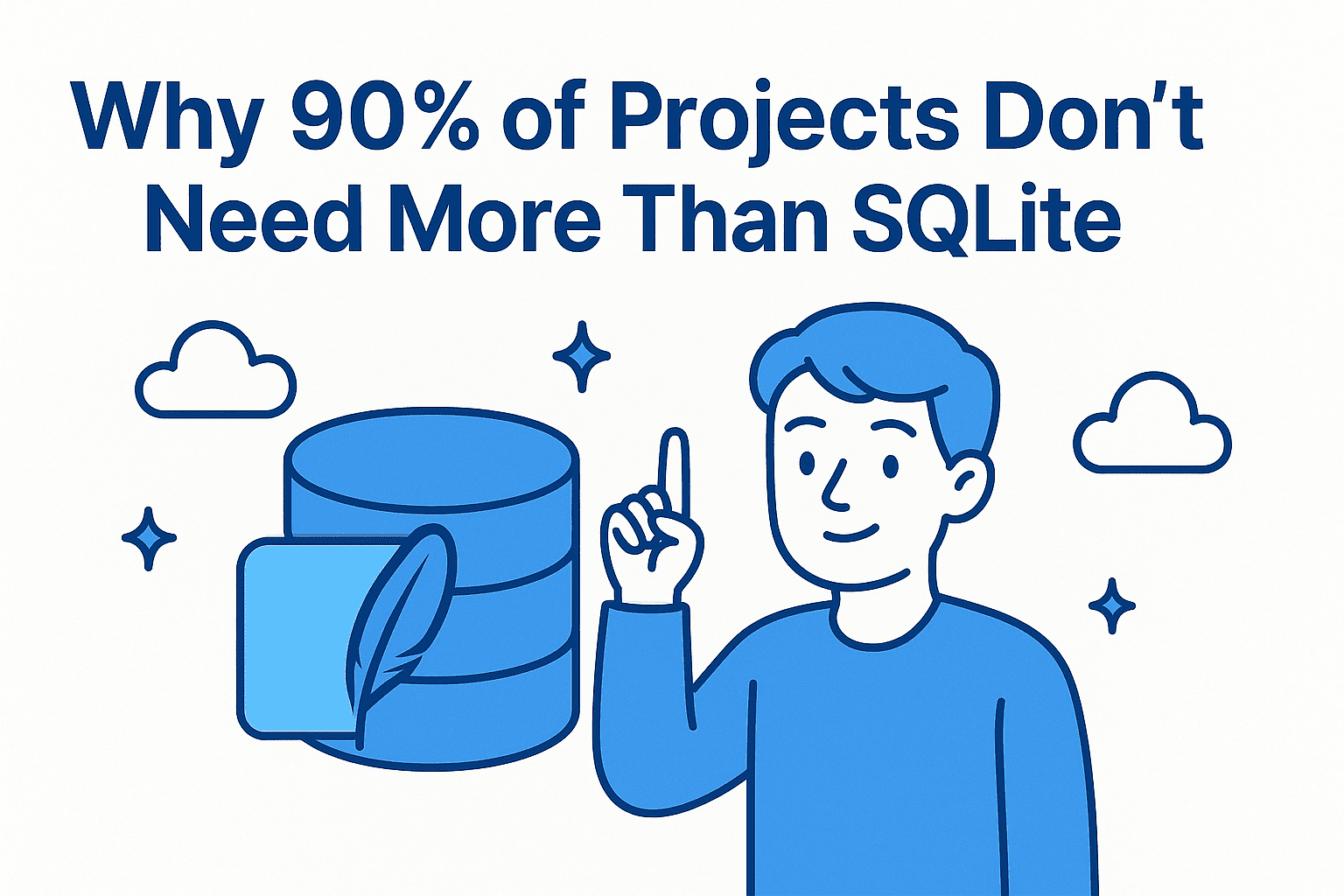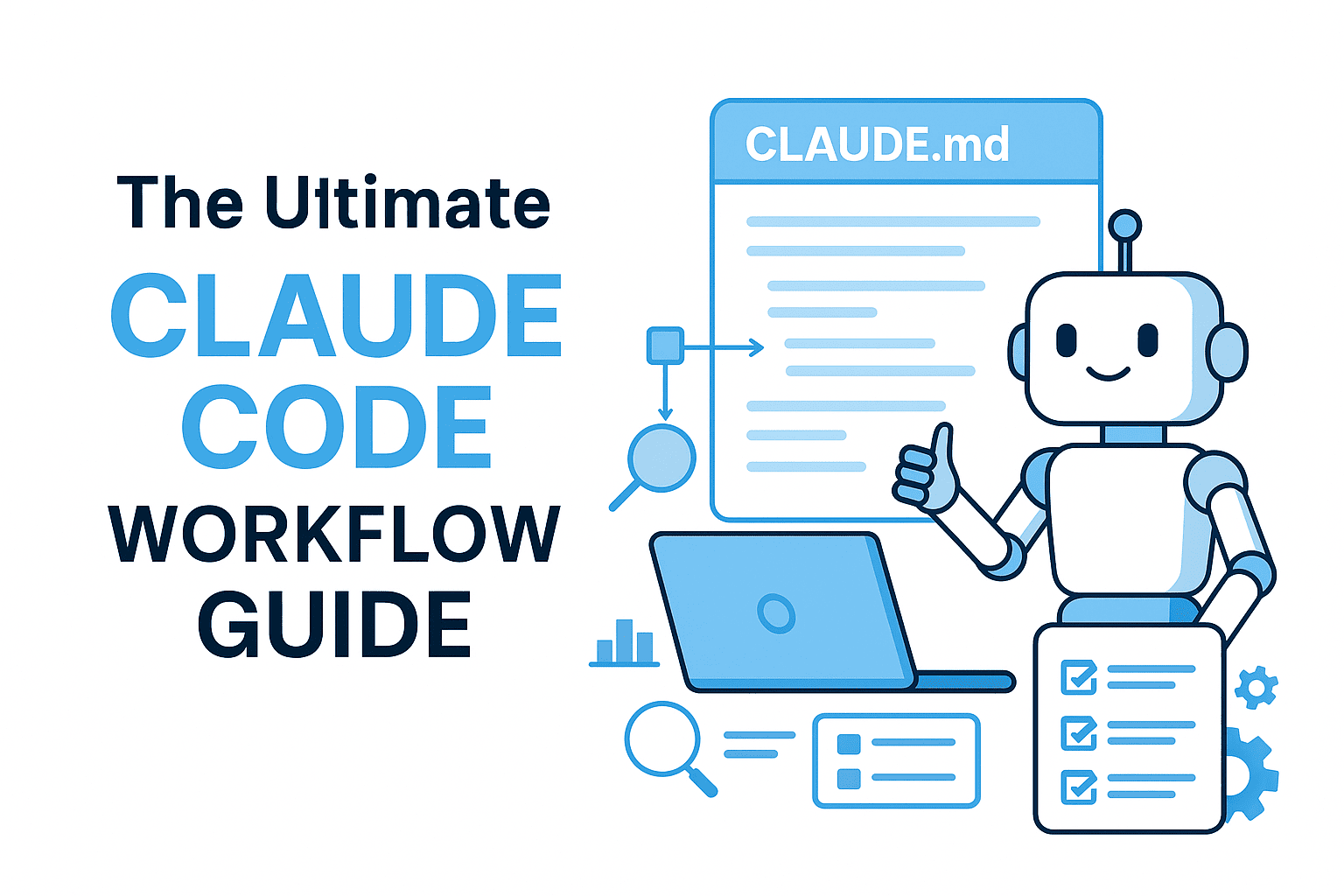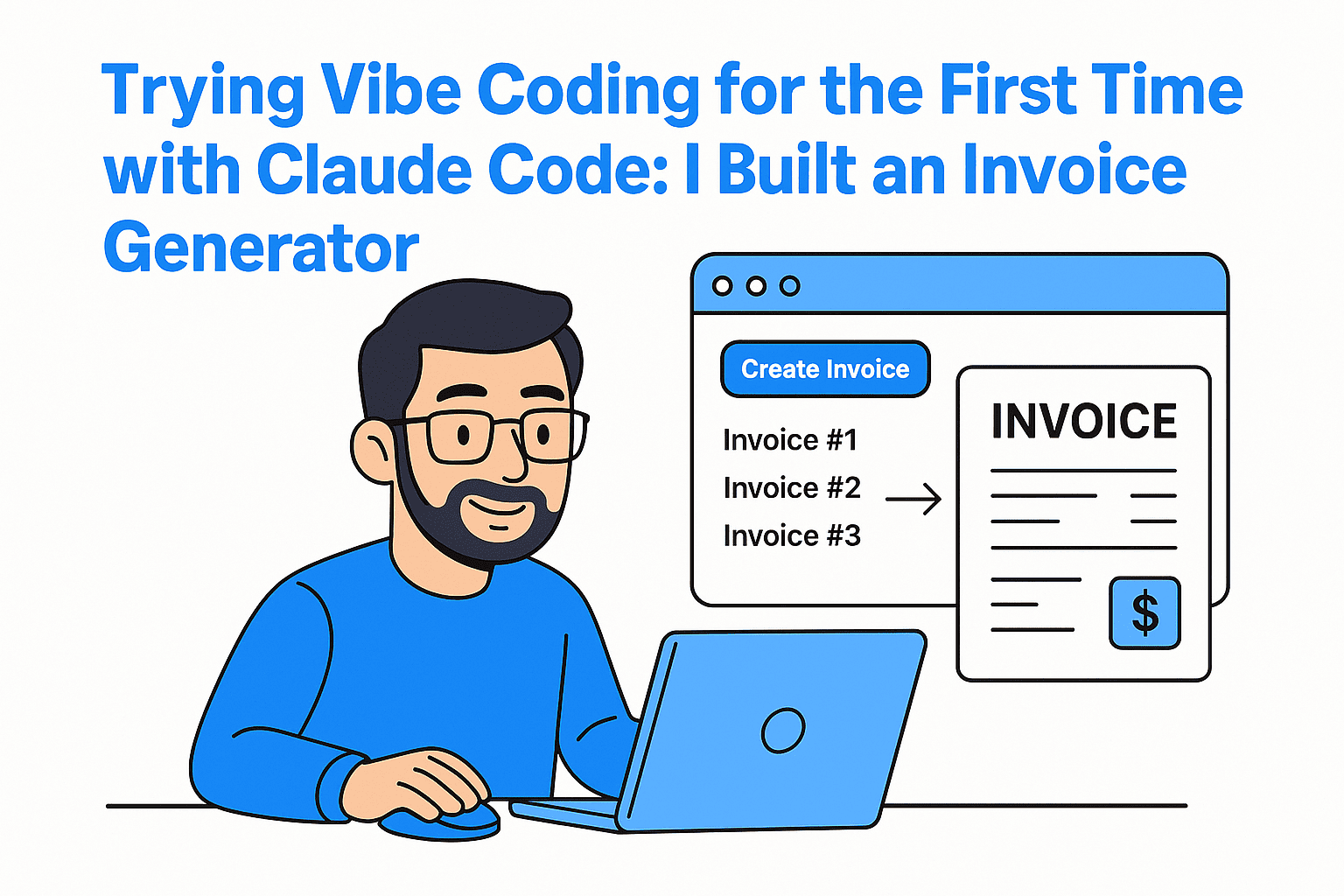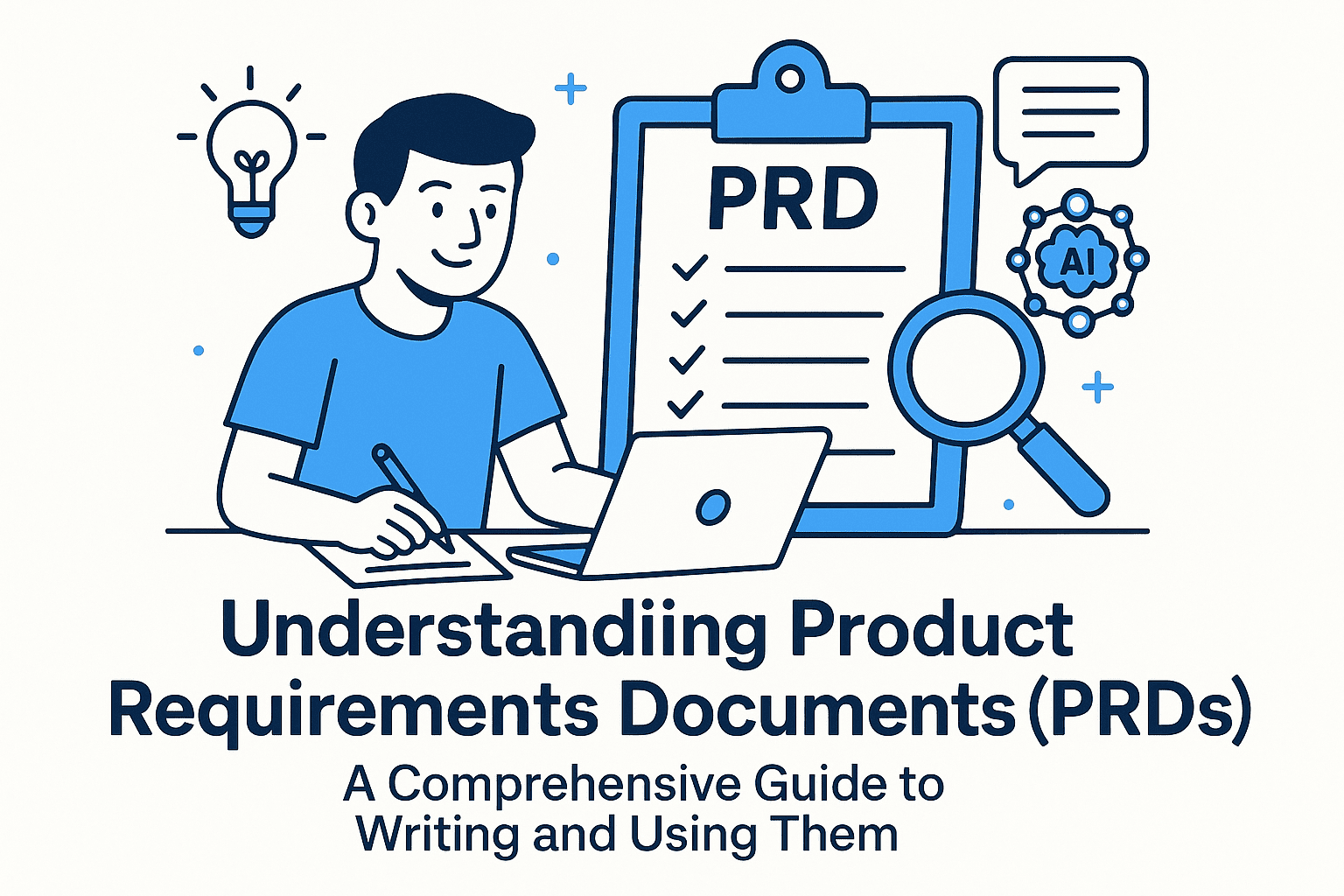Let’s be real. Not every project needs a heavyweight database system like PostgreSQL or MySQL. In fact, 90% of the time, you’re better off keeping it simple.
And for me? I use SQLite in most of my personal projects. Here’s why.
What is SQLite?
SQLite is a serverless, self-contained, and lightweight SQL database engine.
- No need to set up a database server.
- No user accounts or network configs.
- Just a single
.dbfile.
You include it in your app, and it just works. That’s it.
Why Most Projects Don’t Need More
Before you spin up Docker, install PostgreSQL, and configure backups, ask yourself:
- Is this project high traffic?
- Will thousands of users hit it at once?
- Do I need complex transactions across microservices?
If the answer is no, SQLite is probably all you need.
Examples of perfect fits for SQLite:
- Personal blogs and portfolios
- Admin dashboards
- Internal company tools
- Desktop apps
- Mobile apps
- API prototypes
- IoT devices
In short—anything that’s not a massive, multi-user system.
Why I Use SQLite in My Projects
Here’s the deal—I build a lot of tools for myself.
- Invoice generators
- Micro SaaS prototypes
- Internal dashboards
- One-off client apps
Using SQLite keeps things fast and simple.
- No need for a local database server
- Easy backups—just copy the file
- Migrations are quick
- Less configuration
- And most importantly… zero friction when shipping
When I’m working solo or on a small app, I care more about speed than complexity.
But What About Scaling?
Let’s clear this up:
SQLite is not a toy.
It can handle reads at thousands per second and supports multiple processes.
Sure, it's not ideal for heavy concurrent writes. But for 90% of projects, you're not going to run into that problem.
And when you do? It’s a good problem—because it means you’ve outgrown your MVP. At that point, switching to Postgres is easy with a bit of planning.
When You Shouldn’t Use SQLite
Let’s be fair. SQLite is amazing, but not for everything.
Avoid it if:
- You need concurrent writes from many users
- You have real-time dashboards with massive traffic
- You're building a multi-tenant SaaS at scale
- You require advanced features only PostgreSQL offers
But if you’re building a fast, clean MVP or just solving a problem for yourself, skip the complexity.
Final Thoughts
Don’t overengineer.
SQLite gives you a fully functional SQL database with zero setup, high performance, and minimal overhead.
If you’re building for yourself, a client, or your team—chances are SQLite is more than enough.
I use it in my personal projects all the time, and it hasn’t let me down.
Give it a try. You might never look back.
🚀 Let’s build something amazing! If you have a project in mind or need help with your next design system, feel free to reach out.
📧 Email: safi.abdulkader@gmail.com | 💻 LinkedIn: @abdulkader-safi | 📱 Instagram: @abdulkader.safi | 🏢 DSRPT
Drop me a line, I’m always happy to collaborate! 🚀



